Collect and recycle packaging products according to regulations. (Photo: Duc Phuong/VNA)
To improve the environment, turn waste into recycled materials, promote circular economy and green development, the representative of the Department of Environment ( Ministry of Agriculture and Environment ) emphasized that the goal of EPR (Extended Producer and Importer Responsibility policy) is to require businesses to build a system to collect, recover and recycle packaging products.
The reason is that if we only allow businesses to pay and allow them to account for expenses, it will lead to the risk of shifting responsibility to consumers.
Product life cycle optimization
The representative of the Department of Environment said that EPR is an important policy tool for responsible production, in the collection, recycling and treatment of products and packaging after use, contributing to saving resources and promoting a circular economy .
Vietnam has approached the EPR policy very early, right from Resolution No. 41/NQ-TW of the Politburo on environmental protection during the period of accelerating industrialization and modernization of the country; and has gradually institutionalized it through many legal documents such as the Law on Environmental Protection in 2005 and 2014.
In particular, the Law on Environmental Protection 2020 clearly stipulates the responsibility for recycling and treating waste at mandatory rates and the financial contribution mechanism for products that are difficult to recycle. From January 1, 2024, EPR officially takes effect, requiring manufacturing and importing enterprises to be responsible for collecting, recycling or treating waste from products and packaging they put on the market.
However, in reality, after more than a year of implementation, the EPR policy is facing many difficulties and challenges such as lack of consistency in the legal system and difficulties in businesses accessing information.
Faced with the above reality, the Ministry of Agriculture and Environment has developed a Draft Decree guiding the implementation of EPR, with the goal of systematizing regulations, ensuring transparency and feasibility, and is widely soliciting opinions from relevant parties.
According to the representative of the Department of Environment, enterprises play a central role in implementing EPR and developing a circular economy, optimizing product life cycles. This is an inevitable trend to replace the linear exploitation model. EPR is not only a legal obligation but also an opportunity for enterprises to transform sustainably, enhance their brands and compete globally.
By implementing EPR seriously and creatively, businesses can start by improving product design for easy recycling, choosing environmentally friendly materials, and optimizing product life cycles.
Not only that, the EPR policy also helps businesses build a responsible brand image, enhance consumer confidence, and create competitive advantages in the market, especially in the context of increasingly tightening environmental standards by global partners and supply chains.
Turning waste into raw materials for production. (Photo: Do Huyen/VNA)
Therefore, implementing EPR is an opportunity for businesses to invest in collection, classification and recycling infrastructure, thereby better controlling the closed production cycle, increasing economic efficiency and creating additional value from packaging and products.
Is your business ready to implement EPR?
From a business perspective, Ms. Le Thi Hong Nhi, representative of the British Business Association in Vietnam (BritCham), also highly appreciated the significance and necessity of the EPR policy in the new development context.
However, to increase the initiative and flexibility for businesses, according to Ms. Nhi, the EPR policy should be amended and allow businesses to combine two methods of implementing EPR responsibilities at the same time: self-organizing recycling and contributing financially to the Vietnam Environmental Protection Fund to fulfill the obligation to collect and treat waste.
At the same time, businesses that have not fulfilled their recycling responsibilities can contribute to the Vietnam Environmental Protection Fund for the unfinished volume instead of being fined. This is also a way to reduce the pressure of fines and create incentives for businesses to prioritize direct recycling.
In addition, the level of financial contribution needs to be adjusted in accordance with the level of environmental friendliness of products and packaging to create incentives for businesses to develop environmentally friendly packaging.
According to Ms. Nhi, the cost of implementing EPR should be included in the reasonable and valid expenses of the enterprise when settling taxes. Because according to the Draft Decree on the Law on Corporate Income Tax, the Ministry of Finance has proposed to allow the deduction of contributions to the Vietnam Environmental Protection Fund when determining taxable income.
With the above proposal, the costs of organizing the recycling of products and packaging of manufacturers and importers should also be subject to a similar deduction policy. In addition, consider adding a mechanism to use EPR financial contributions to invest in and upgrade collection and recycling infrastructure.
In addition, Ms. Nhi proposed clarifying and strengthening the role of local authorities in implementing EPR. Strengthening the local role is expected to create a link between business responsibilities and the existing waste management system, supporting businesses in collection and reaching out to people.
Will propose specific incentive mechanisms
Faced with the above reality, Mr. Nguyen Hung Thinh - Deputy Director of the Department of Environment, said that the Ministry of Agriculture and Environment has proposed to develop a separate Decree detailing a number of articles of the Law on Environmental Protection 2020 on the responsibility of recycling products, packaging and waste treatment responsibilities of manufacturers and importers; and has been assigned by the Government to preside over the drafting.
The above Decree will meet the requirements of innovation in the context of implementing the organization of two-level local government, implementing orientations on decentralization, reforming administrative procedures and improving the investment and business environment.
Mr. Thinh also emphasized that the Ministry of Agriculture and Environment's view is not to encourage businesses to pay money instead of fulfilling their responsibility to collect, recover and recycle packaging. The goal of EPR is to require businesses to build their own system to collect, recover and recycle packaging products.
“If we only allow businesses to pay and allow them to account for expenses, it will lead to the risk of shifting responsibility to consumers,” Mr. Thinh said.
Therefore, in the direction of amending the Law on Environmental Protection in 2026, the management agency will clearly define the cost of business contributions, that is, clarify the form and nature of these costs. Regulations will be built synchronously between the Law on Environmental Protection and the Law on Environmental Protection Tax to clearly define the related tax and fee responsibilities. On that basis, if these are valid amounts, they will be accounted for by the business.
In addition, specific preferential and supportive policies for environmentally friendly packaging will also be reflected in tax and fee documents advised by the Ministry of Finance. Currently, the Ministry of Agriculture and Environment is coordinating with the Ministry of Finance to develop a comprehensive project to propose specific incentive mechanisms.
Mr. Thinh also said that the Ministry of Agriculture and Environment will have regulations on adjusting the recycling rate within a certain limit to create a basis for businesses to proactively develop plans and roadmaps to implement EPR responsibilities.
Source: https://baolamdong.vn/chia-khoa-phat-trien-ben-vung-doanh-nghiep-phai-co-he-thong-tai-che-bao-bi-394179.html


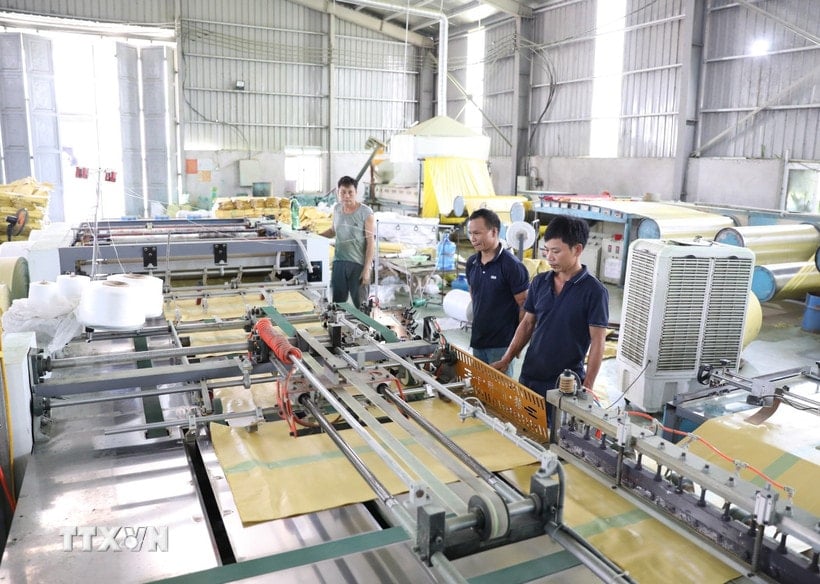
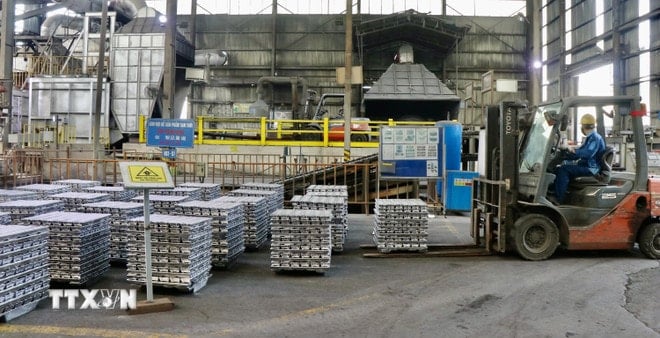





![[Photo] Super harvest moon shines brightly on Mid-Autumn Festival night around the world](https://vphoto.vietnam.vn/thumb/1200x675/vietnam/resource/IMAGE/2025/10/07/1759816565798_1759814567021-jpg.webp)
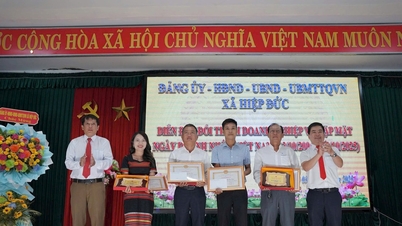

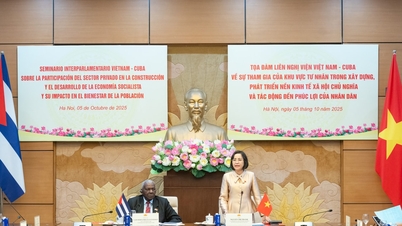

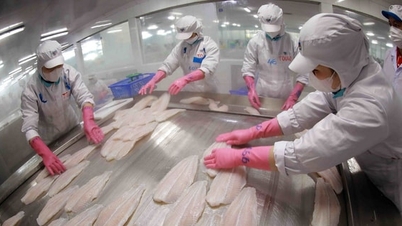

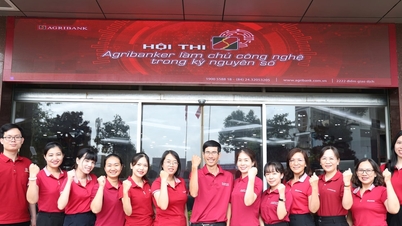
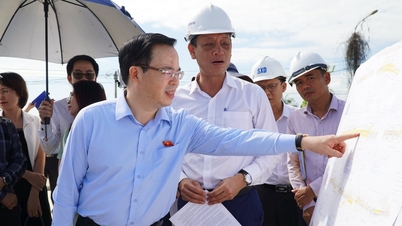
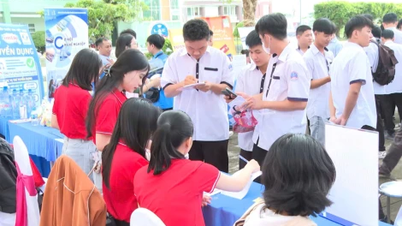

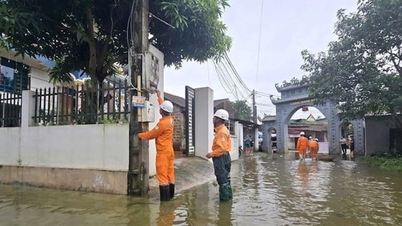
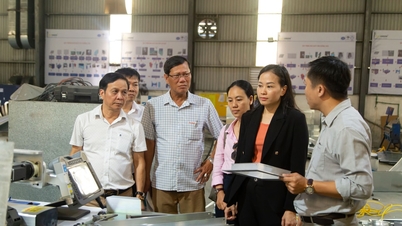



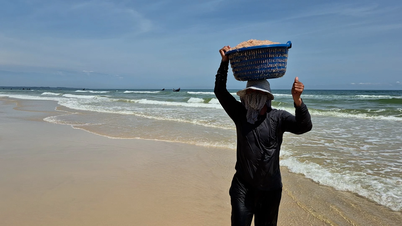
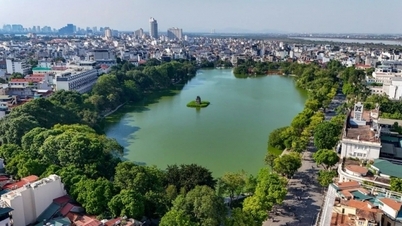







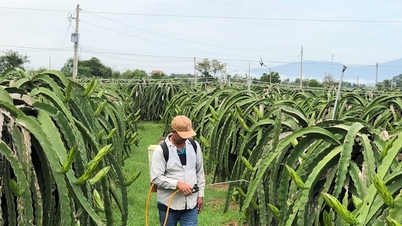
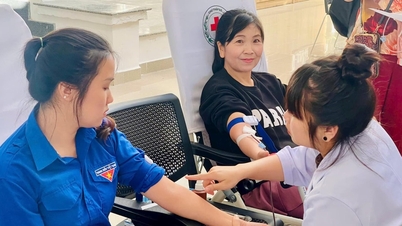




























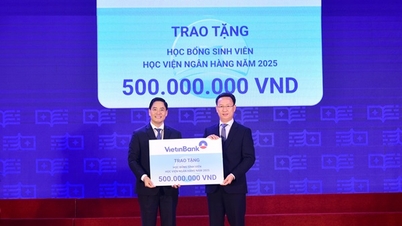








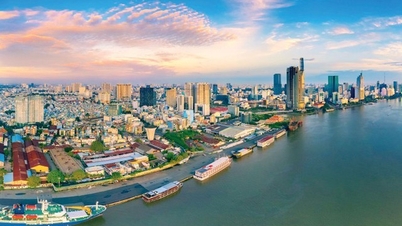











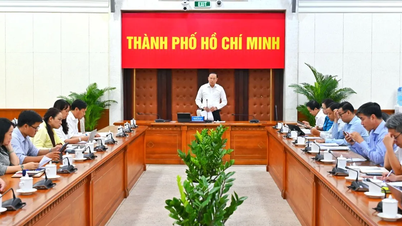



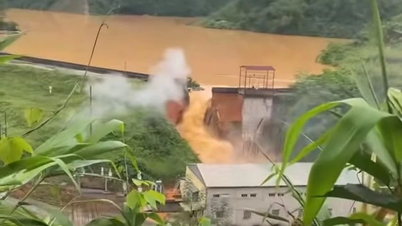














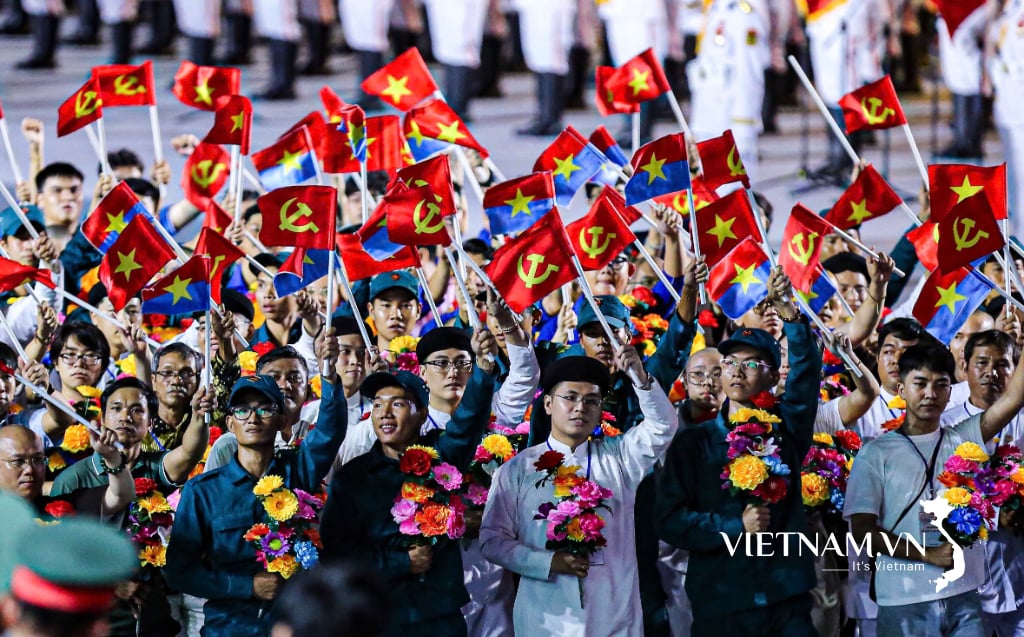



Comment (0)